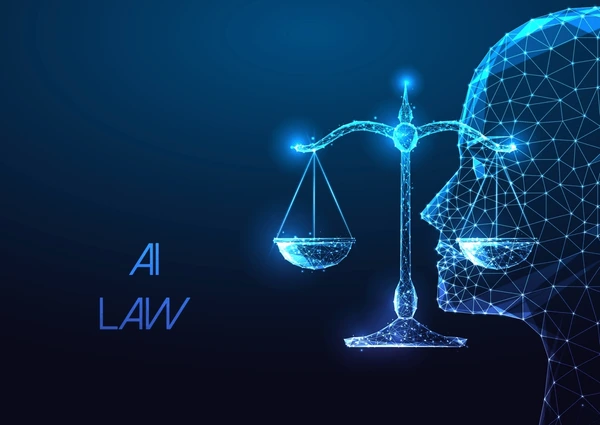Belgium to Use AI in Law Enforcement and Telecom.
Belgium is embarking on a forward-thinking initiative to incorporate artificial intelligence (AI) technologies into law enforcement and develop a robust future connectivity strategy for the telecommunications sector. This ambitious plan, led by the newly appointed federal minister for digitalization, AI, and privacy, Vanessa Matz, signals a significant step towards the digital transformation of the nation.
Matz, sworn in on Monday, becomes the first-ever federal minister responsible for digitalization, AI, and privacy. A member of the centrist party Les Engagés in the French-speaking parliament, Matz will oversee several critical areas, including public companies and the civil service, in her new role.
The proposal, which follows the elections held in June, was the result of negotiations between Prime Minister Bart De Wever of the New Flemish Alliance (N-VA) and four other coalition partners, including the Flemish Christian-Democrats CD&V, social-democrats Vooruit, and the Walloon centre-right Reformist Movement.
AI in Law Enforcement
A key focus of the plan is the use of AI tools by Belgian law enforcement agencies. The government is keen on integrating AI technologies, such as facial recognition, to detect criminals and identify suspects. According to the government proposal, "In collaboration with the intelligence services and security services – within a strict and precisely defined legal framework – we are making it possible to try new operational applications. This could include, for example, the use of facial recognition technology for the detection of convicts and suspects."
The proposal also highlights an expansion of camera legislation, which would allow for the use of smart camera surveillance to further enhance security measures. However, the AI Act, which categorizes AI systems based on their risk level, prohibits high-risk systems like facial recognition technology, with exceptions made for law enforcement use in certain situations.
Combating Disinformation
Addressing disinformation, which is increasingly seen as a "hybrid threat" undermining public trust in both government and media, is another key focus. The Belgian government is committed to launching an awareness campaign and strengthening collaboration with government bodies, tech companies, and media organizations to combat this issue. The plan includes legislative initiatives aimed at increasing transparency and holding online platforms accountable. The government also plans to promote international cooperation to address disinformation on a global scale.
Telecom Strategy and Future Connectivity
On the telecom front, Belgium has set its sights on ensuring ultra-fast internet access for businesses by 2030. The new government plans to work closely with the telecom sector and regional authorities to develop a comprehensive medium- to long-term strategy. This strategy will address the country's future connectivity needs while identifying current weaknesses in digital infrastructure.
"We are developing a (medium) long-term strategy that anticipates our country's future connectivity needs and identifies current weaknesses," the government stated. "We are immediately starting the necessary preparations, including an extensive information campaign for the population in due time, to facilitate the potential rollout of 6G."
This initiative aligns with the European Commission's upcoming Digital Networks Act (DNA), which aims to overhaul the current telecom regulations within the European Union. The DNA is expected to be presented later this year, marking a crucial step in improving digital infrastructure across the Bloc.
Belgium's plans to leverage AI in law enforcement and enhance telecom connectivity represent a bold move towards strengthening the country's digital infrastructure and security while addressing emerging challenges such as disinformation. With these initiatives, the nation aims to position itself as a leader in the digital age.
AI in law enforcement has the potential to revolutionise policing, offering enhanced efficiency in crime detection, surveillance, and predictive policing. Tools like facial recognition can assist in identifying suspects quickly, potentially solving crimes faster and more accurately. AI can also improve resource allocation, analysing large datasets to identify patterns and trends that human officers might miss.
However, it raises significant concerns about privacy, civil liberties, and potential bias. AI systems can be prone to errors, especially when dealing with facial recognition, leading to wrongful arrests or misidentifications. There’s also the risk of surveillance overreach, with authorities potentially monitoring individuals without sufficient justification. Striking the right balance between security and individual rights is crucial. Any AI implementation in law enforcement must be transparent, accountable, and used under strict legal frameworks to prevent misuse and ensure fair treatment for all citizens. Public trust and oversight will be essential in navigating these challenges.
Keir Starmer’s Brussels Visit on Post-Brexit Reset Talks





















